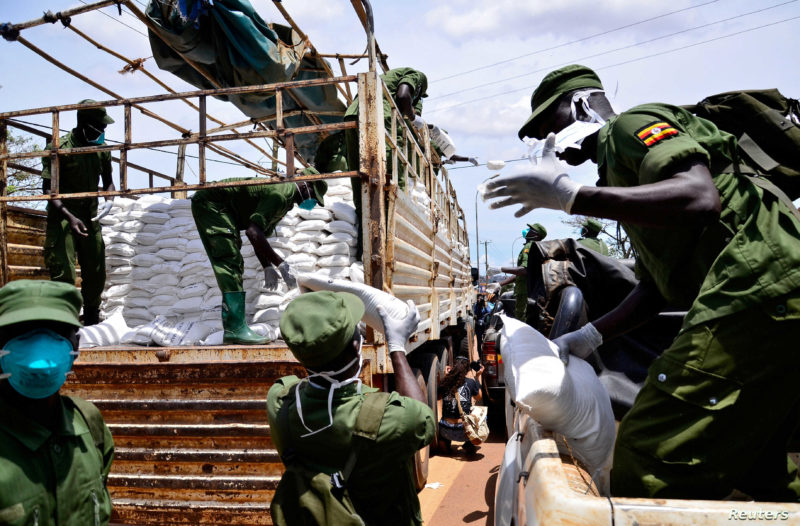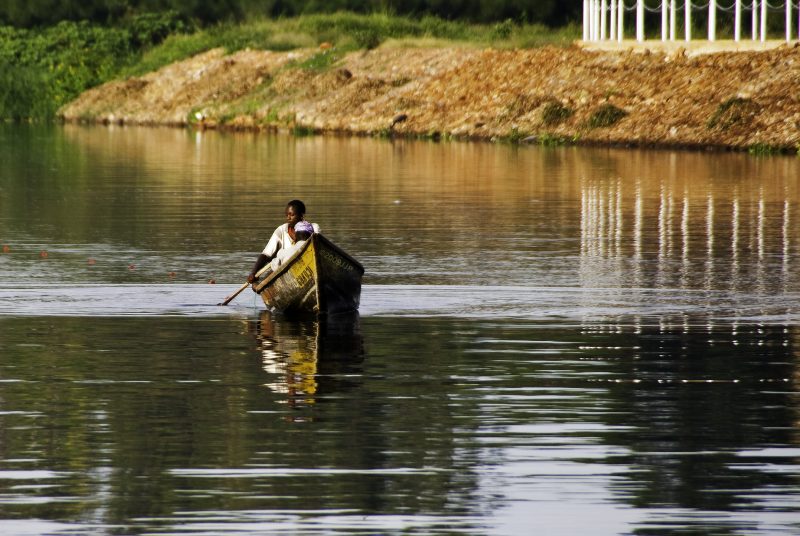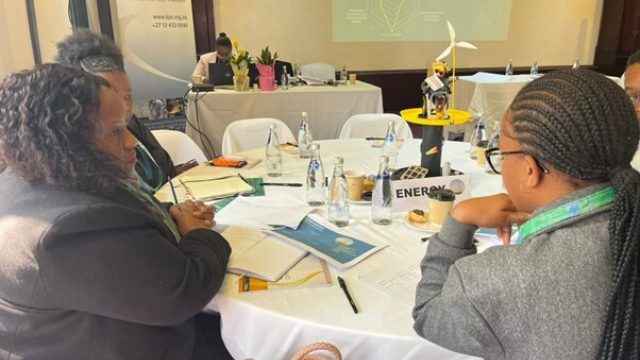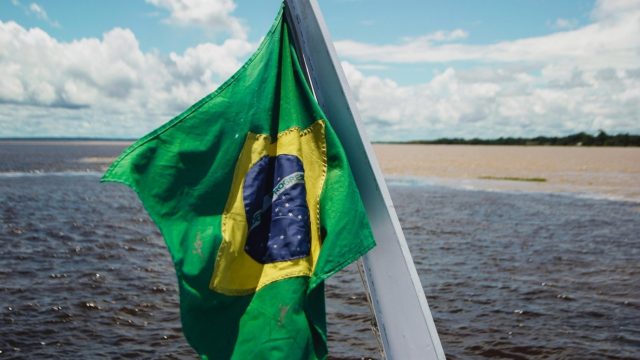Uganda's COVID recovery must be green and fair
Our partners in Uganda explore how green economy approaches can ensure Uganda builds back better

Barbara Ntambirweki is a Research Fellow with our Ugandan partners, Advocates Coalition for Development & Environment. Here she explores how the coronavirus crisis - and the economic shocks it has unleashed - are taking shape across the country.
The world is facing an unprecedented crisis. In the past two months, COVID-19 has swept across the globe, causing human tragedy of historical proportions. COVID-19 knows no borders, spares no country or continent and strikes indiscriminately. Over three million people are infected and 50,000 deaths have been recorded worldwide; Uganda has registered 61 cases so far, 30 recoveries and no deaths. The virus has disrupted society and demobilized the global economy, which will have profound lasting economic and social consequences in every corner of the globe.
COVID-19 is not only a health emergency; it is also an environmental issue which is attributed to human interference in nature - including deforestation, encroachment on animal habitats and biodiversity loss. According to the US Center for Disease Control and Prevention (CDC), it is estimated that three-quarters of new or emerging diseases that infect humans such as Ebola, Dengue, Zika, and yellow fever originate from wildlife.
The connection between wildlife, disease and people is not new; emerging diseases have increased overtime largely due to environmental degradation, land use and climate change. Over time, it has been observed that deforestation drives wild animals closer to human populations. Viruses and other pathogens are also likely to move from animal to humans in informal markets, which provide fresh “bush meat” to people. It is suspected that this was the starting point of the COVID-19 pandemic in Wuhan, China.
Uganda’s Green Growth Development Strategy 2017 recognises the strong dependence of the economy on natural resources. 80% of Ugandans rely directly on land, agriculture and fishing for their livelihoods with 70% of the labour force dependent on rain-fed agriculture. Due to this dependence, Uganda is currently experiencing several environmental challenges; according to various reports an estimated 200,000 hectares of forest cover is lost annually, water catchment areas are being depleted at an alarming rate as a result, the majority of rivers, swamps, wetlands, and other catchment areas have either already been depleted or encroached upon.
“ COVID-19 is not only a health emergency; it is also an environmental issue stemming from human interference in nature - including deforestation, encroachment on animal habitats and biodiversity loss.”
Coincidentally amidst the COVID-19 crisis, media reports state that Lake Victoria water levels had risen displacing thousands of families around the shores, huge floating islands on Lake Victoria that broke away from the lake shores triggered a nationwide blackout after clogging a turbine at the Owen Falls hydroelectric power station, interrupting electricity supply country-wide. All this is caused by human activity around the shores of the lake. Therefore, the COVID-19 pandemic highlights the mutual relationship between people and nature. It is important to point out that the destruction and disruption of nature is increasing the likelihood of more pandemics. This is the time we must confront the climate crisis, protect biodiversity, and use natural resources sustainably. The COVID-19 pandemic is a wakeup call to stop abusing the planet’s limits.
While the Ugandan Government has taken commendable steps to contain the virus, the post-crisis, "reconstruction" phase should not focus only on health, economic and social issues but must focus on the increased efforts to protect the environment. The transition to a green economy, therefore, will require a paradigm shift in the management of the natural resources. This calls for catalytic investments in sectors that have got high green growth multiplier effects like Agriculture, Energy, Transport and Urban green cities where the transformative aspect of urbanization can be harnessed.

There should be a renewed focus on the restoration of degraded forests and wetlands which could create many green jobs over the short term while also generating net benefits. A Green Economy Investment Fund should be established to provide equity and soft loans to help small medium enterprises (SMEs) who are essential in the transition to a low carbon economy. Additionally, we urgently need to shift from industrial agriculture to Agroecology to allow restoration of carbon in the soil to reverse the climate crisis. Lastly, it is essential to promote water catchment management planning to provide a holistic approach to management of water resources in the country.
As we prepare to rebuild the economy, we must not lose sight of environmental signals and what they mean for our future and wellbeing. Urgent action is required to protect and conserve biodiversity as a key response to the global health and environmental crisis to ensure the long-term survival and well-being of our country. The lesson from COVID-19 is that early action is possible to make transformational change to accelerate the transition to a greener economy; the health of people and planet are one and the same, and both can thrive in equal measure.
- Barbara Ntambirweki, Research Fellow, Advocates Coalition for Development and Environment (ACODE)
This article was originally published in New Vision Uganda. It is republished with the author's permission.


